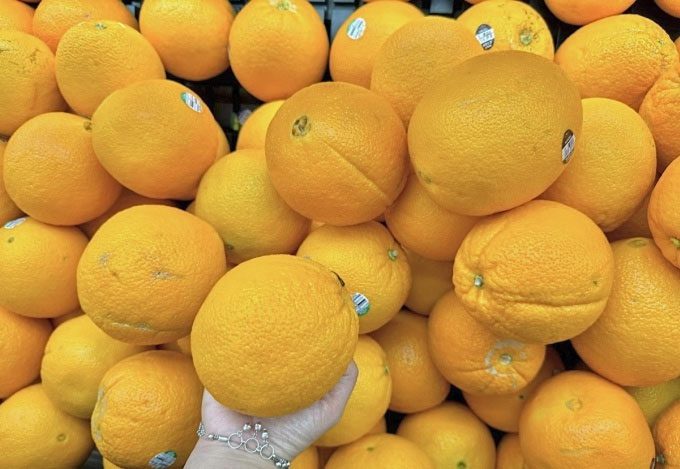Vitamin C is beneficial for individuals with kidney disease and may reduce the risk of kidney cancer; however, frequent high doses can be harmful.
Vitamin C is an essential nutrient for the body, aiding in the absorption of iron from food, healing wounds and bruises on the skin, and supporting bone repair.
According to the National Institutes of Health (NIH) in the United States, the recommended daily intake of vitamin C for adult males is 90 mg, while for females, it is approximately 75 mg. Smokers need an additional 35 mg of vitamin C due to the oxidative stress caused by tobacco, which reduces vitamin levels.
The kidneys function to filter excess vitamin C from the body. However, if the kidneys are not functioning properly or if there is frequent consumption of high doses of vitamin C, it may pose certain health risks.
A 2023 review from the University of Eastern Finland found that vitamin C can have anti-inflammatory and antioxidant effects for individuals with chronic kidney disease. Those undergoing dialysis may also be advised to supplement with vitamin C. A 2021 study in Finland noted that dialysis reduced the average vitamin C level by 67% among 138 participants.
However, high levels of vitamin C can be harmful to individuals with chronic kidney disease. For instance, if one consumes 30-180 mg of vitamin C daily, the body typically absorbs 70-90% of this amount, after which the kidneys excrete the excess through urine.
Vitamin C can be metabolized into oxalate, which is also filtered by the kidneys. In individuals with chronic kidney disease, the kidneys may no longer effectively filter waste, leading to the potential accumulation of oxalate in the body, resulting in kidney stones, inflammation, and kidney failure.
High doses of vitamin C increase the risk of kidney stones, particularly calcium oxalate stones. The amount of vitamin C obtained from food is unlikely to cause this condition, but caution is advised when supplementing with dietary products.
To reduce the risk of kidney stones, the NIH recommends that adults do not consume more than 2,000 mg of vitamin C per day.

Oranges are rich in vitamin C. (Photo: Ha Phuong).
For individuals with kidney cancer, vitamin C may have positive effects. According to a 2022 review by Chinese researchers, increased consumption of vegetables and vitamin C is associated with a reduced risk of kidney cancer.
A meta-analysis conducted in 2015 also found that individuals with higher vitamin C intake had a lower risk of kidney cancer. A 2019 study in the United States further demonstrated that vitamin C supplementation could enhance the effectiveness of chemotherapy in kidney cancer patients without increasing side effects.
However, the National Cancer Institute (NCI) recommends against high-dose vitamin C for kidney cancer patients, as it may cause more harm than good.
The body cannot produce vitamin C and must obtain it from food or supplements. This nutrient is found throughout the body, so health experts often use blood levels of vitamin C to assess individual vitamin status.
Many fruits and vegetables are rich in vitamin C, such as red and green bell peppers, strawberries, kiwis, oranges, grapefruits, potatoes, tomatoes, cabbage, and broccoli. Individuals not receiving adequate vitamin C through their diet should consult a doctor about appropriate supplementation to avoid potential risks to kidney health.




















































